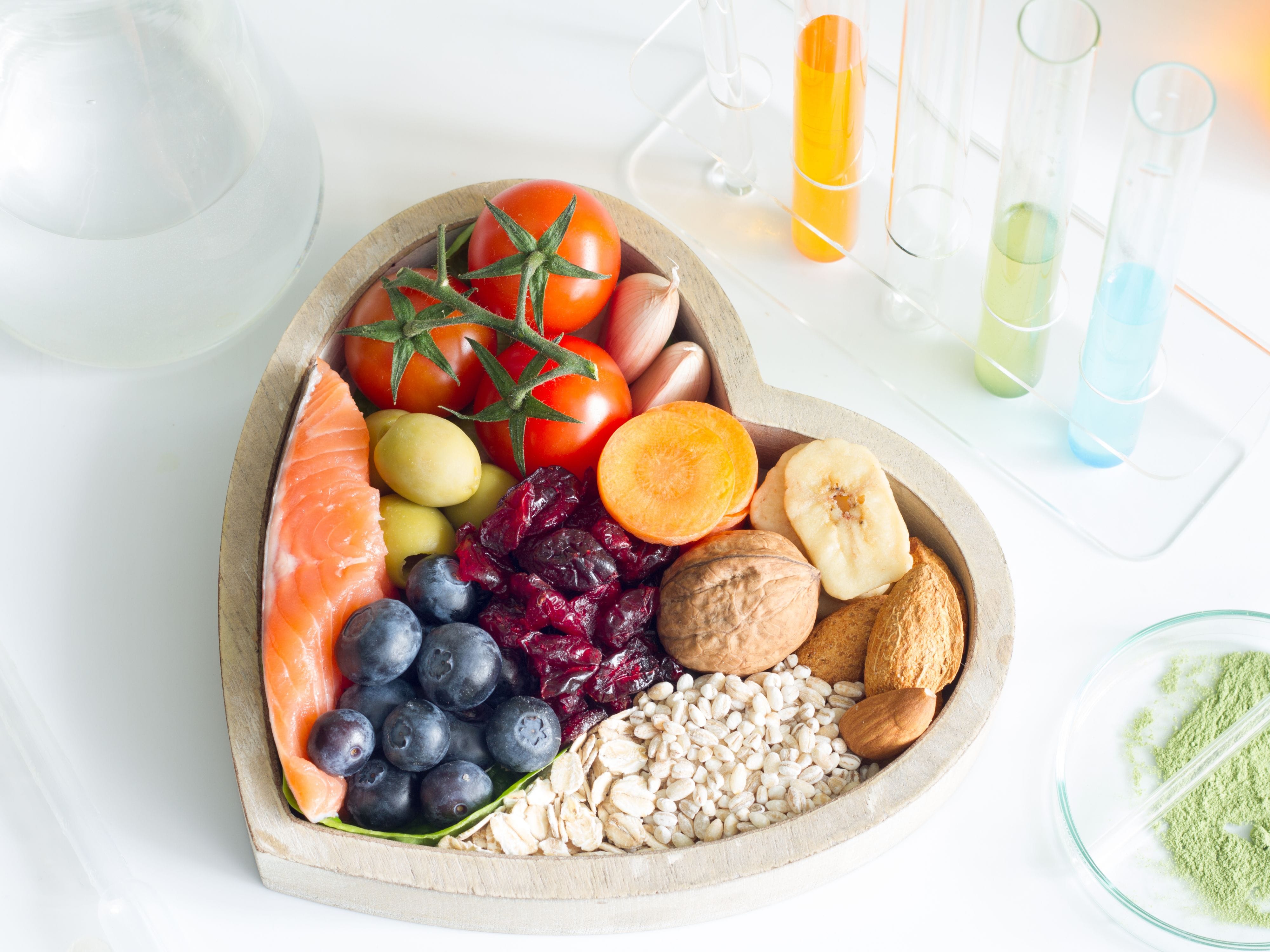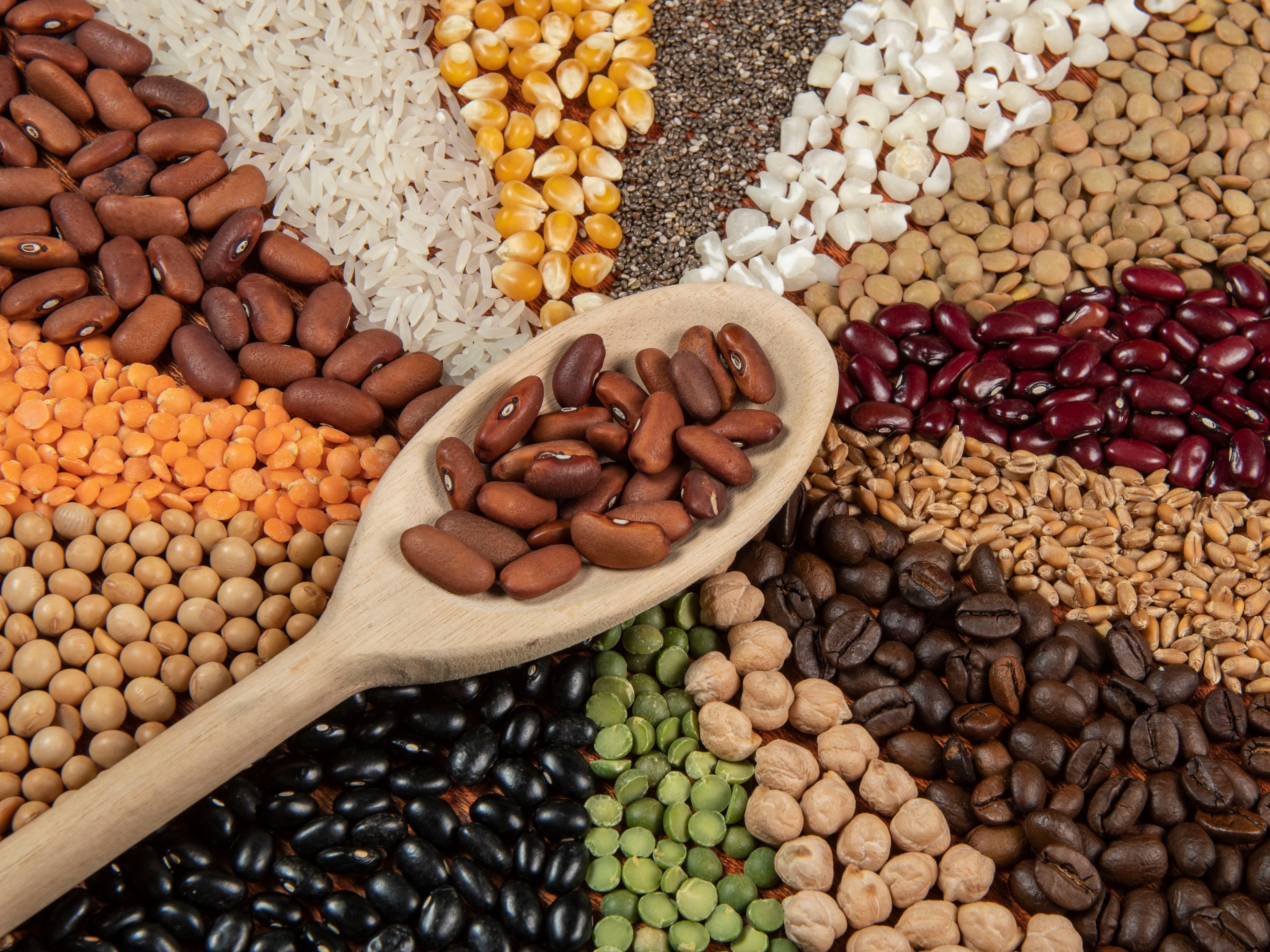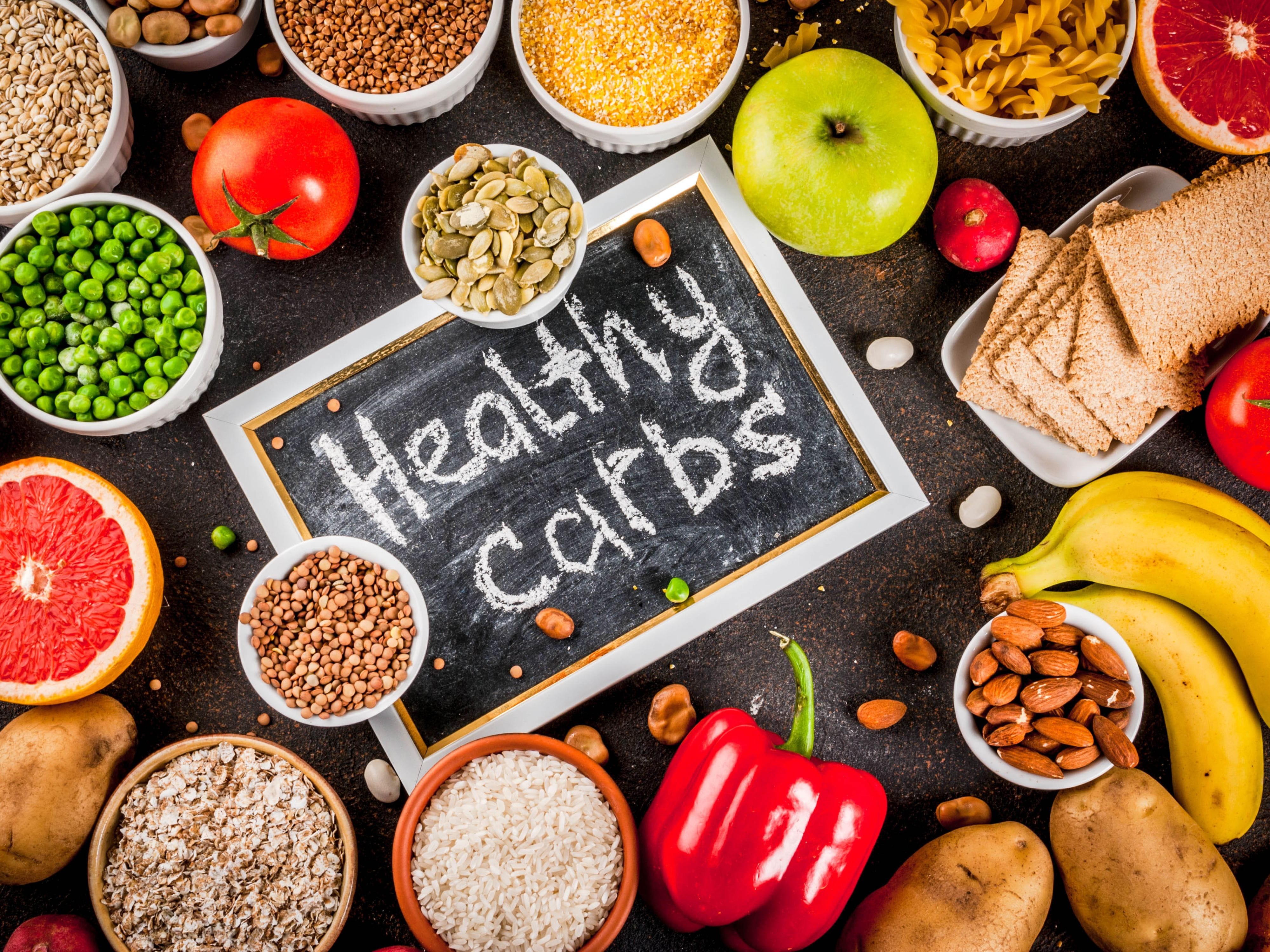
We’ve all experienced the feeling of having our energy levels permanently set to low. But what if the key to unlocking our energy was hidden in small diet changes? Minor changes to your diet can have a surprisingly significant impact on how you feel. So, get ready to transform your relationship with food and discover how small changes can make a big difference.
The Diet-Energy Connection
The food we consume serves as fuel for our bodies, directly impacting our energy levels. The quality of our fuel – the foods we choose – determines the efficiency of our energy production. A diet rich in whole, unprocessed foods provides the necessary vitamins, minerals, and macronutrients to support sustained energy release, while a diet laden with processed foods and sugary drinks can lead to energy crashes and fatigue.
Understanding the intricate connection between our diet and energy levels empowers us to make small changes to eat healthier and enhance our overall well-being.
Here is how you can increase your energy levels and beat fatigue.
1. Up your Magnesium Intake
Magnesium, an essential mineral often overlooked, plays a crucial role in over 300 biochemical reactions in the body, including energy production. It's like a tiny spark plug, igniting the fire within our cells, transforming our food into a vibrant current flowing through our bodies. Make small diet changes and include magnesium-rich foods like green leafy vegetables, oats, chickpeas, almonds, walnuts, and bananas.
2. Never Skip Breakfast
While the debate over the "most important meal of the day" continues, breakfast plays a key role in setting the tone for the day's energy levels. A balanced breakfast provides a steady stream of energy, preventing those mid-morning crashes and keeping you mentally sharp. Whether you're a grab-and-go type or prefer a leisurely morning meal, prioritise nutrient-dense choices to power up your day.
3. More Whole Grains, Less Sugar

Refined grains and added sugars provide a quick burst of energy but often lead to a rapid crash, leaving you feeling sluggish and depleted. On the other hand, whole grains offer a slow and steady release of energy, keeping you fueled and focused throughout the day. You can indulge in eating a healthier diet by prioritising whole grains like brown rice, quinoa, or oats and reducing your intake of processed snacks.
4. Hydration Hero
Often, when we feel tired, our bodies are signalling a need for water, not more food or caffeine. Dehydration can lead to sluggishness, headaches, and difficulty concentrating. While the eight glasses a day guideline is a good starting point, individual hydration needs vary. Factors like activity level, climate, and overall health can influence how much water your body needs. Listen to your body's cues and drink water throughout the day, especially before, during, and after exercise.
5. Embrace Complex Carbs

Complex carbohydrates are essential for maintaining steady energy levels throughout the day. Unlike simple carbs, which are quickly digested, complex carbs break down slowly, providing a sustained release of glucose into the bloodstream. This helps prevent exhaustion and keeps you feeling full and satisfied for longer.
Energy Saboteurs: Common Culprits of Low Energy
Eating a healthier diet isn't just about achieving a particular physique or preventing disease; it's also a powerful tool for boosting energy levels. While many foods nourish and energise our bodies, others can leave us feeling sluggish and depleted. These dietary culprits often lurk in plain sight, masquerading as convenient or satisfying options. However, their long-term effects on our energy levels can be significant.
1. Processed Foods
Processed foods, often laden with added sugars, unhealthy fats, and artificial ingredients, provide a quick burst of energy followed by a rapid crash. They lack the essential nutrients our bodies need for sustained energy production.
2. Excessive Caffeine
While moderate caffeine intake can temporarily boost energy, excessive consumption can disrupt sleep patterns, leading to irritability. Eating a healthier diet means being mindful of your caffeine intake and exploring alternative ways to boost your energy.
3. Sugary Drinks
When making small changes to eat healthier, it is crucial to monitor your sugar intake. Sugary drinks have a higher sugar content. Sodas, juices, and energy drinks offer a temporary sugar rush, but they ultimately lead to energy fluctuations and can contribute to weight gain and other health issues.
Sustaining Energy Throughout the Day
Maintaining consistent energy levels throughout the day can feel like an uphill battle. But with a few dietary changes, you can conquer those energy slumps and experience newfound stamina. By simply prioritizing balanced meals, hydrating consistently, and being mindful of what you eat, you can enhance your overall well-being.
Disclaimer: This information provided is intended for general informational purposes only. It is not a substitute for professional advice or guidance. For personalised recommendations or specific concerns, please consult a certified professional.




